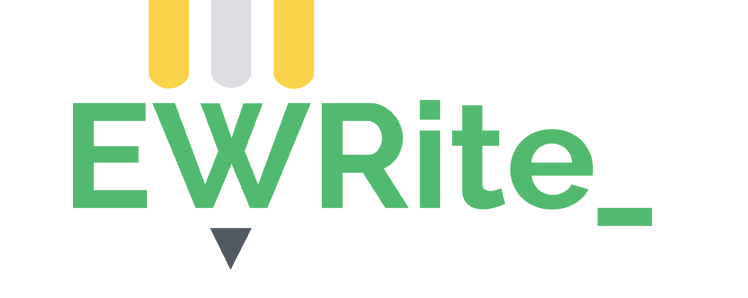3. Structuring your academic essay and critique
The following table presents the basic three-part structure of academic essays and critiques and summarises the functions or ‘moves’ of each section. Note that your subject lecturer may require you to include or change some of the sections and moves according to different assessment purposes, subjects and disciplines.
|
Sections |
Expected moves and content |
|
Introduction
|
· Provide background information on the topic or thesis · Define professional or major terms · Explain your plan for addressing the topic or thesis in the essay
|
|
Main body
|
· Address the topic-specific issues or arguments of the thesis · Provide an analysis of all related aspects, and support your arguments with evidence · Critically review the aspects discussed to emphasise your viewpoint · Provide insights into possible improvement to the issues of the topic or thesis discussed or the topic-related entity of your study
|
|
Conclusion
|
· Restate the assignment question and the important features of the topic or thesis · Summarise the main arguments or the specific evidence you have presented in support of your views · State your overall point of view on the topic or thesis
|
|
References
|
· Include all the sources cited in the text such as journal articles, books and well-recognised websites, strictly following the required referencing style
|
About this website
EWRite is an open access online literacy platform for PolyU community that has two major objectives:
- to support PolyU students’ literacy development within and across the disciplines
- to support subject and language teachers to implement system-level measures for integrating literacy-sensitive pedagogies across the university
This platform provides access to generic genre guides representing typical university assignments as well as links to subjects offered by faculties with specific disciplinary genres and relevant support materials.
The materials can be retrieved by students by choosing the genres that interest them on the landing page. Each set of materials includes a genre guide, genre video, and a genre checklist. The genre guide and video are to summarize the genres in two different ways (i.e. textual and dynamic) to fit different learning styles. The genre checklist is for students to self-regulate their writing process. The genre guide and checklist include links to various ELC resources that can provide further explanation to language items (e.g. hedging and academic vocabulary).
The platform also acts as a one-stop-shop for writing resources for students, language teachers and subject leaders. Information about the English Writing Requirement policy can also be found on this platform. There are training materials for new colleagues joining the EWR Liaison Team.


